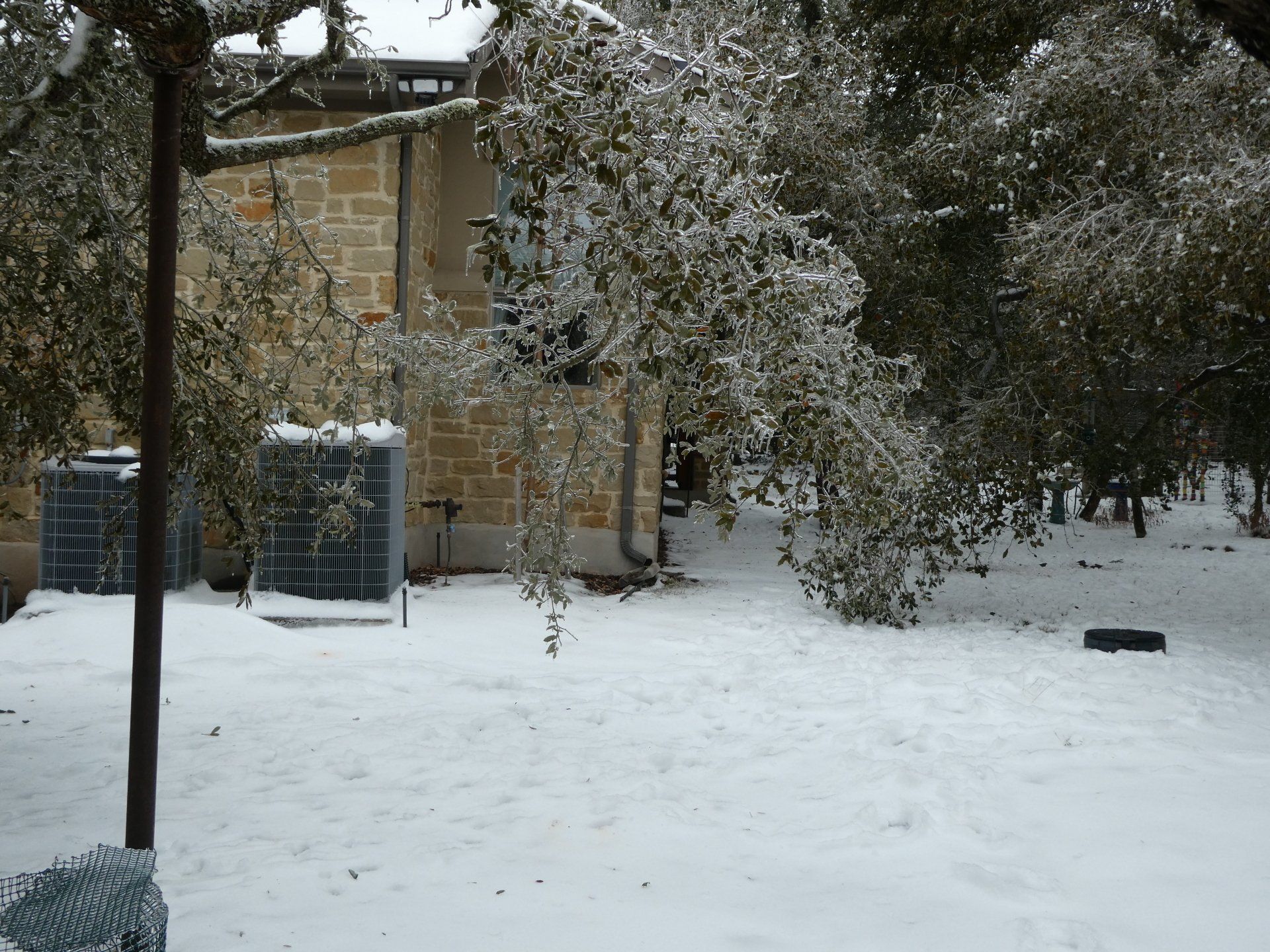The Conversation About Death & Dying
How do you start a conversation about death? You have been doing your reading on the subject but don’t think you can just walk into the party at your Aunt’s house and walk up to a group and say “let’s talk about death for a new topic”.
Obviously you have to broach the subject in a way that makes
sense to you and the people you are with. If you are with a group of same age friends, you may start out with asking if they have ever asked their parents what they want should they get sick and can’t speak for their self? Today with the Covid-19 pandemic, people seem have put “death” on the forefront with or without sound statistics to demonstrate that it will be their own cause of death.
Obviously you have to broach the subject in a way that makes
sense to you and the people you are with. If you are with a group of same age friends, you may start out with asking if they have ever asked their parents what they want should they get sick and can’t speak for their self? Today with the Covid-19 pandemic, people seem have put “death” on the forefront with or without sound statistics to demonstrate that it will be their own cause of death.
“Hey have you ever asked your parents what plans they have made for their own death?” Or “I tried talking to mom about death and she told me it was none of my business”.
How about a role play such as “Mom I worry. You know my good friend Teresa, well her mom was diagnosed with lung cancer and she died in less than six weeks. Teresa is beside herself because she had no idea what her mom would have wanted for her final days of care. And there were no plans left in anywhere Teresa could think to look. No I don’t think you are going to die any day soon but you will die – and probably before I do. I want to know what you are thinking mom. It would make me sleep better. In turn I want to share with you my fears and wishes.”
How about a role play such as “Mom I worry. You know my good friend Teresa, well her mom was diagnosed with lung cancer and she died in less than six weeks. Teresa is beside herself because she had no idea what her mom would have wanted for her final days of care. And there were no plans left in anywhere Teresa could think to look. No I don’t think you are going to die any day soon but you will die – and probably before I do. I want to know what you are thinking mom. It would make me sleep better. In turn I want to share with you my fears and wishes.”
Could you announce a type of game to a small group of friends where you would toss out hypothetical questions such as “if you were to learn that you have two good weeks before your death, how would you use them? With whom? Share as many specifics as you wish.”
Another question is “do you consider yourself a “live life to the end” sort of person or a “fight to the end” kind of person? What do those two descriptions mean to you? Why do you pick the one that you do.
If you take a step to get the discussion of death out of the taboo corners and into everyday chats, it is one step. Death is a part of life. Let’s get talking about death and dying.
Another question is “do you consider yourself a “live life to the end” sort of person or a “fight to the end” kind of person? What do those two descriptions mean to you? Why do you pick the one that you do.
Yet another question could be to talk about the goals, strategies, and intent of the medical community in the context of death and dying. Include discussion on if you believe that doctors have your best interest at heart or if there are biases. Do doctors treat all patients the same? Do you avoid doctors? Talk about the role you take in researching your own health in making a medical decision.






